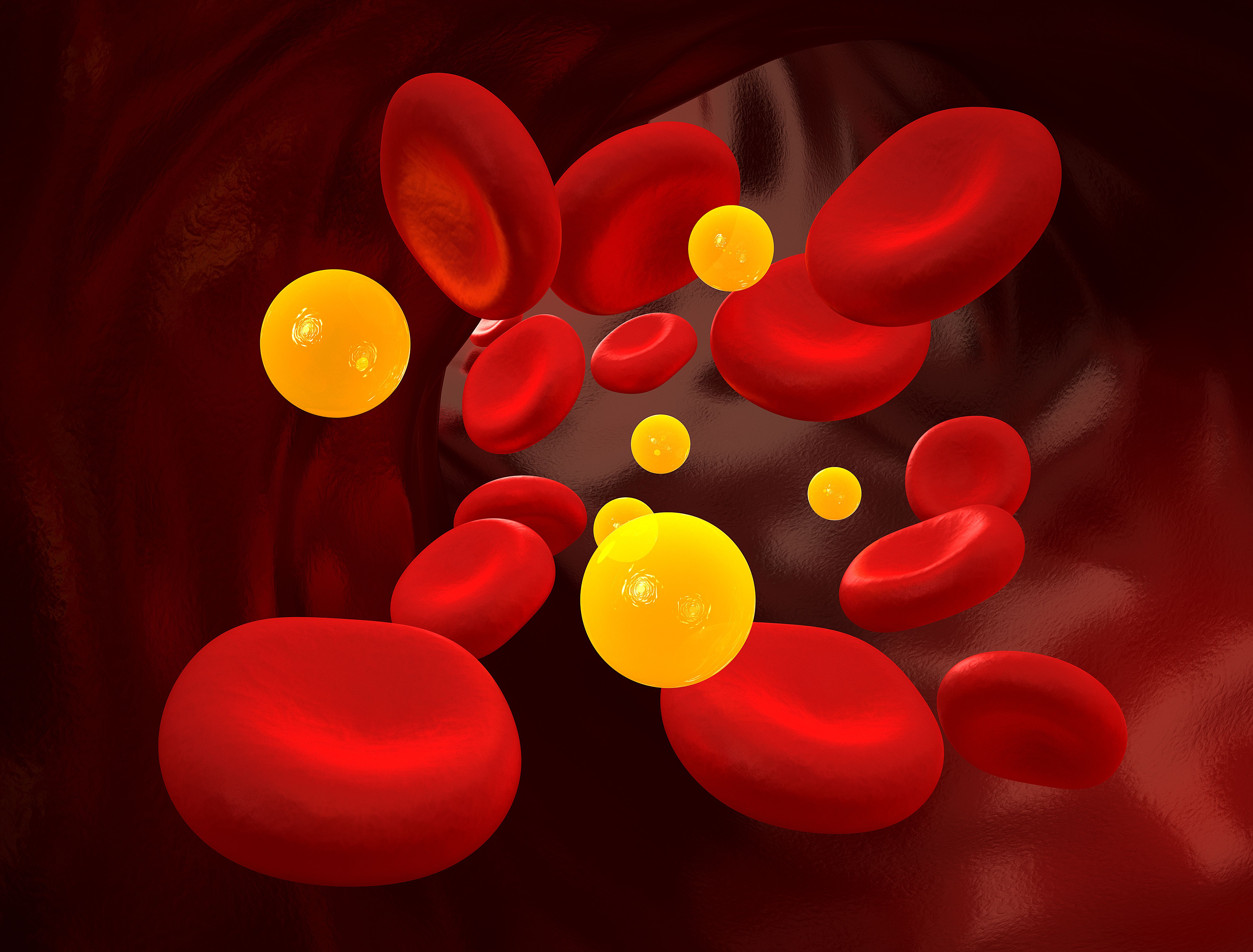Video
Implications of Bleeding Data From the COMPASS Trial
Deepak L. Bhatt, MD, MPH: I was asking a little bit before about bleeding, and you’ve done some fascinating analyses about bleeding in the COMPASS trial, relevant not just to this particular topic of rivaroxaban, but also more broadly. Do you want to share insight with primary care physicians, and it could even be cardiologists or anyone else? I don’t think a lot of physicians appreciate some of the insights from that analysis and paper of yours.
John Eikelboom, MBBS, MSc, FRCPC: Well, I think we learned a lot about bleeding from the COMPASS trial. The first thing to say is no one likes bleeding, but it is an inevitable fact of life. And it shouldn’t preclude us using effective therapies because the benefits outweigh the risks. But there’s an additional element in COMPASS. We collected cancer outcomes, as you know, very carefully during the trial. And the reason for doing so is we were dropping aspirin from the rivaroxaban-alone arm. And we were under the impression, the story always was aspirin protected against cancer. Now is that true or not, I don’t know, but it probably is still despite some recent data, but we can debate that.
But we were concerned that if we’re not giving aspirin, maybe we’re going to cause cancer. So we collected cancer carefully. We found no difference between treatments in cancer. But then when we looked at cancer outcomes in relation to bleeding, most of the excess bleeding was GI [gastrointestinal], and of people who had a GI bleed, about every 10th patient was diagnosed with a new cancer. And that to me is a silver lining to the cloud of bleeding. We don’t like bleeding, but we all do these fecal occult blood tests. Well, we’re supposed to when we’re over 50. I haven’t yet done it, but of course I will now.
Manesh Patel, MD: You’re 29, John.
John Eikelboom, MBBS, MSc, FRCPC: That’s exactly right. But it’s like the stress test that may expose cancer earlier than otherwise the cancer would have been exposed. Now we don’t know that it provides a survival advantage or that you get better outcomes. But I think most of us would say we’d rather know we have the cancer and deal with it, and maybe that’s one of the positive adverse effects of the bleed.
Deepak L. Bhatt, MD, MPH: Now what about GU [genitourninary] bleeding, does the same rationale apply there or not?
John Eikelboom, MBBS, MSc, FRCPC: The same rationale applies to GU bleeding, in fact, bleeding from any hollow viscus. In fact, while there was an increase in GI bleeding, there was no increase in urinary bleeding. But urinary bleeding was an incredibly powerful predictor. You are 100 times more likely to have urinary cancer if you had urinary bleeding, even minor urinary bleeding, than if you didn’t. But still it was something like 1 in 10 people with urinary bleeding. But the incidence of urinary tract cancer was extremely low if you didn’t have bleeding. And it was increased 100 times if you had urinary bleeding.
Deepak L. Bhatt, MD, MPH: I guess this is a message most primary care physicians know: work up that GI/GU bleeding.
John Eikelboom, MBBS, MSc, FRCPC: Yes, we tend to get a little bit complacent with bleeding when we’re on anticoagulants. We say, “Oh well.”
Deepak L. Bhatt, MD, MPH: We do.
Manesh Patel, MD: Actually, it’s a great message because I can tell you, we should be better about red cells in urine or the patient history. I was over here just shocked by the stat by itself and was thinking about a UA [urinalysis] that I need to get for myself. But in general, I think the purpose is to really put yourself in that patient’s perspective and say that if you did have an abnormal finding, if you worked it up, and if you made a change in their lifespan, that would be really meaningful. And again, it’s hard to be so consistent all the time in medicine, and we need systems. But this would be one place where again it would be something to think about.
Transcript edited for clarity.





